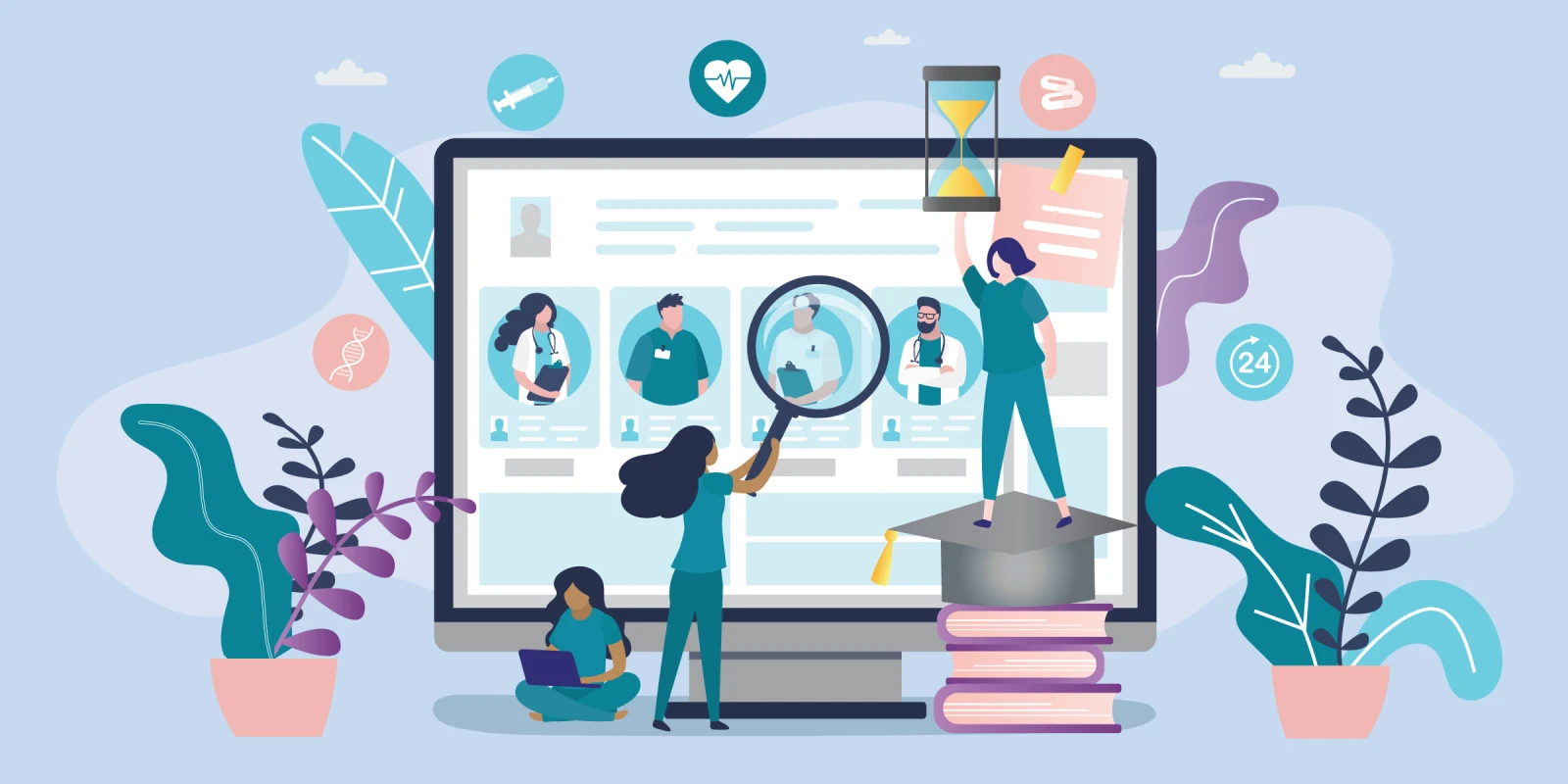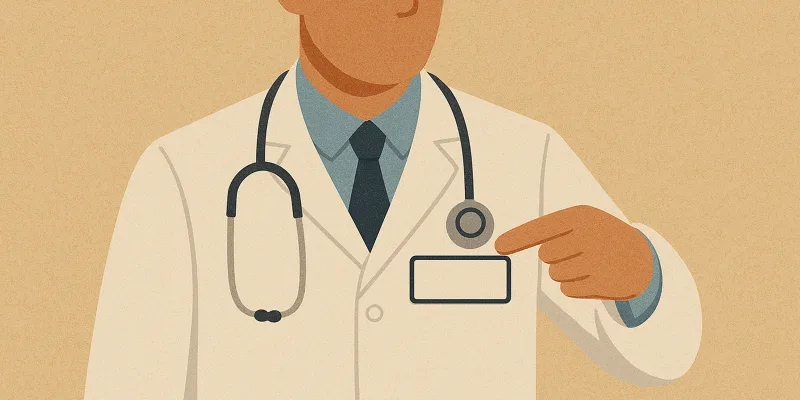It’s not hard to remember the application and interview seasons leading up to medical school, residency, and fellowship for health professionals. Compiling board exams, asking for letters of recommendations, and editing and revamping your personal statement according to the stylings of the last person who reviewed it are only some of the universal concepts of the pre-interview season. A lot of this hasn’t changed with the increasingly virtual world of residency recruitment season, but what has is the way we meet our future co-residents.
As a resident who has had support and guidance throughout my own medical journey, I realize it is important to do the same for rising medical trainees as well. With this call to action, there are many ways we can assist medical students in this newly formatted applicant and interview season.
Join a Residency Recruitment Committee
In addition to reading applicant files, attending team meetings, and ranking applicants, there are other ways the skill sets of residents can be utilized. For residents who have more time on their hands, there are committees for actionable items like hosting socials, editing residency websites, and collecting resident bios.
I was a member of our program’s social committee team last year; getting new and old friends together to have dinner became an activity I looked forward to after leaving the hospital for the day. Since our socials were in-person and revolved around food, another concept for this season would be Zoom social hours with applicants and residents eating together from the comfort of their homes while conversing.
In addition to being a support system to medical students going through this process, there are many reasons for residents to jump on a committee, like getting to know your current and future co-residents outside a hospital setting, using this recruitment process as a wellness activity for you to take time for yourself and others, and having CV experience.
Make Videos About What Makes Your Program Special
Imagery is powerful, especially in a residency interview season where virtual items matter more than ever. Something I’ve seen several programs, like Nationwide Children’s Hospital, do over the years is a “Day in the Life” program video where residents show their day-to-day routines, from the commute, to work in the hospital, to hiking on the weekends and enjoying their family and friends. A less time-consuming process, this can be done with a semi-professional video through your program's social media (with your program’s permission). I have resident friends who have Instagrammed their entire day to give pre-medical and medical students an idea of what being a resident entails. Health care “influencing” is a growing subfield of medical media and can have a positive impact in this virtual applicant season.
Diversity Matters!
In a time where young Black and brown people are often dehumanized at the hands of police brutality, inequity, and diminished resources, hearing our voices and giving us a platform for action through health care is crucial. By joining a Diversity, Equity, and Inclusion panel, you can be a voice at the table for those who need it most. Health disparities not only impact our patients, they impact our future physicians and health care professionals as well.
Not everyone has the same access to resources, like standardized test preparation material, mentors, and stable internet access for those virtual events that will be crucial this year. As residents, we can step up to the plate and guide our future colleagues with the answers they need. The same information should be available to all applicants, and we can be a part of bridging this disparity. If you know of raffles for free resources, access to Google Docs with helpful test preparation material, seminars and recruitment fairs that have a focus of helping underrepresented students, or mock interviews (like these practice sessions being hosted by the EM Residents’ Association), be conscious and proactive in ensuring equitable access.
Be a Mentor
This year, my program is hosting a virtual networking and mentoring program. We have amazing faculty who are pairing residents with applicants who have similar interests. By meeting at least two times before ERAS opens, we hope to make this entire experience less daunting for applicants. As residents and trainees, our advice to applicants ranges from applications, to the interview process, to pediatric career goals. These conversations can happen by phone, email, Zoom — whatever is feasible, making scheduling more flexible.
When you hear about organizations like the Student National Medical Association (SNMA) — an organization that works to increase the number of underrepresented physicians — you can also seek out opportunities to be a mentor for students and residents in need of inspiration, motivation, and concrete material to help them succeed. SNMA (an organization I was in as a pre-medical and medical student) has several mentorship programs and partnerships, such as the Pipeline Mentoring Institute, with goals of preparing underrepresented students for the demanding and rigorous aspects of medicine.
Electives and in-person visits may not be possible this year, so having direct contact with residents is important. Through residency recruitment, applicants gain insight into how a program could help that applicant reach their goals as a physician. This unknowingness can be daunting for everyone, from applicants to interviewers, but together, we can do this!
Denise Powell is a resident physician based in San Francisco. She has written for several news outlets throughout her medical training. She is passionate about working with underrepresented communities and those who don't have adequate access to health care. She was a 2019–2020 Doximity Op-Med Fellow and is a 2020–2021 Doximity Op-Med Fellow. She was a member of SNMA as a medical student.







